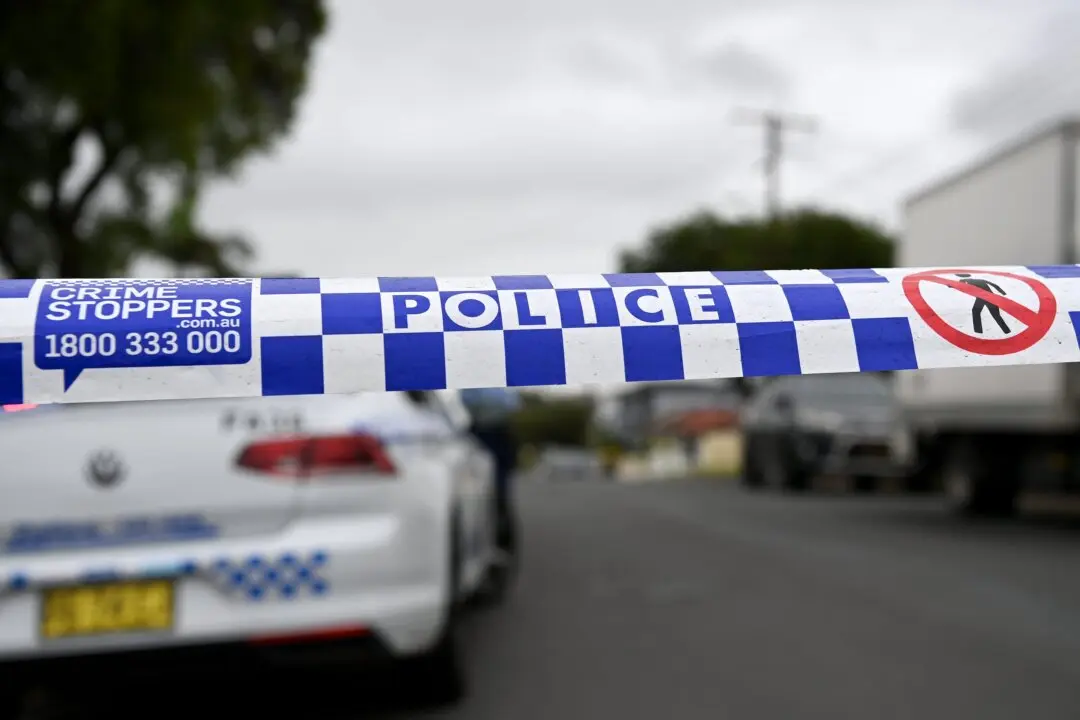
Kobe Rose (10yrs) waits for his mum's arrival at Melbourne International Airport on July 14, 2015 in Melbourne, Australia. Luis Ascui/Getty Images
Victoria and South Australia are welcoming back Australians returning home on international flights despite a spectacular quarantine breach.
Both states have restarted hotel quarantine for the arrivals after pausing their programs to deal with localised coronavirus outbreaks.





